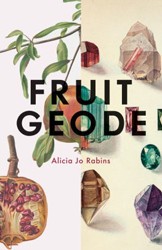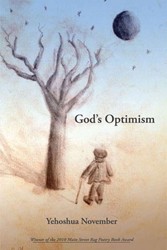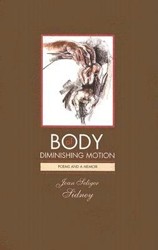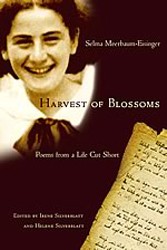Wolfson, a professor of Hebrew and Judaic Studies at NYU, and the author of a number of good books on Jewish mysticism and the poetic imagination (Language, Eros, Being: Kabbalistic Hermeneutics and Poetic Imagination was the winner of the 2005 National Jewish Book Award for Scholarship) writes in the preface to this collection of very short poems that they reflect his interest in the “mystical dimension of Judaism” and other Eastern and Western religions. “They attempt to articulate, in the words of Baudelaire, the inner voice of the ‘language of the flowers and other unspeakable things’” — in other words, the ineffable. One must admire Wolfson’s chutzpah for trying to find the words to express what perhaps cannot, or perhaps should not, be articulated.
I found many of Wolfson’s poems to be derivative and at times even contrived, mainly restating certain familiar “mystical” ideas and tropes found in ancient and some modern sacred and secular literatures of the world, though not nearly as thought-provokingly, movingly, or beautifully. There are a few poems in Wolfson’s collection that are explicitly Jewish- related, for example, “Elijah’s cup,” which is arranged on one page in descending order: “enter clock/dating pulse/limit time/negating bound/fiery bush/glowing down/endless speech/without sound/through other/in enter/desire pain/remember” (slashes added by reviewer).
For me, a Freudian psychoanalyst, traditional Jew, and poetry lover, most of Wolfson’s poems are not particularly illuminating, uplifting, or instructive, though his definition of the poem as “an opening to time, which is, at once, an embrace of life and a preparation for death” is surely a usable truth.
Paul Marcus is a training and supervisory analyst at the National Psychological Association for Psychoanalysis in New York City and Co-Chairperson of the discussion group Psychoanalysis and Spirituality at the American Psychoanalytic Association. He is the author of Psychoanalysis and Toileting: Minding One’s Business (Routledge).





